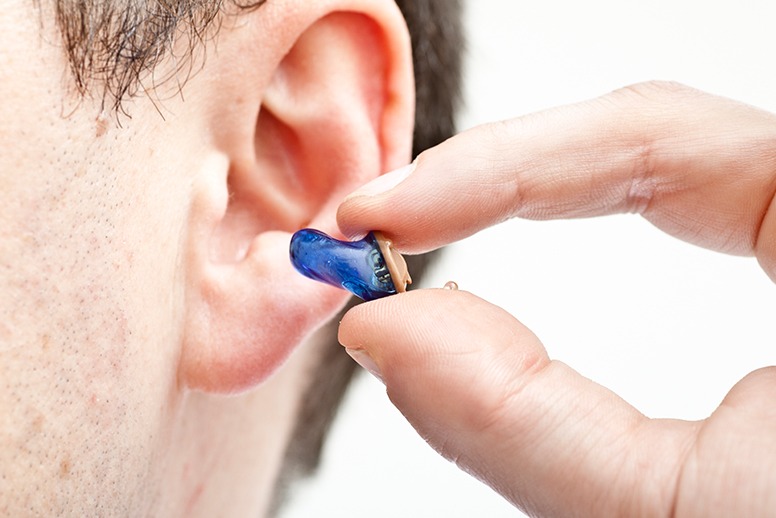Hearing aids are vital devices for individuals with hearing loss, allowing them to engage more fully in conversations, enjoy music, and embrace the sounds of everyday life. Protecting these essential devices with a proper hearing aid case is crucial to ensure their longevity and function. In this article, we’ll explore why a hearing aid case is important, what features to look for, and how to care for your hearing aids effectively.
Why You Need a Hearing Aid Case
Unlike typical electronic items, hearing aids are exposed to a variety of conditions that can pose risks to their integrity. From moisture to dirt and physical impact, hearing aids can suffer without adequate protection. Here, we delve into several reasons why a hearing aid case is a must-have.
Protection from Physical Damage
A hearing aid case acts as a protective shell that shields your device from physical damage. Dropping a hearing aid without a case can lead to severe damage, impacting both the function and lifespan of your device. Investing in a durable case ensures your hearing aids remain intact, even in accidents.
Guarding Against Moisture
Moisture is one of the leading causes of hearing aid malfunction. Whether it’s sweat, humidity, or accidental splashes, moisture can penetrate the interior of hearing aids and cause corrosion. A moisture-proof hearing aid case prevents water ingress, maintaining the internal components’s stability and durability.
Preventing Dust and Dirt
Dust and dirt can find their way into hearing aids if they’re not properly stored. Over time, these elements can lead to clogs and wear. A good quality hearing aid case keeps these particles at bay, preserving optimal performance.
Features to Look for in a Hearing Aid Case
When choosing a hearing aid case, certain features can enhance its effectiveness in protecting your investment. Let’s explore the essential qualities that make for a top-notch hearing aid case.
Durability
Your hearing aid case should be built from robust materials that can withstand daily wear and tear. Look for cases made from strong plastics or lightweight metals, as these materials offer superior protection against impacts and drops.
Size and Portability
Your case should comfortably accommodate your hearing aids, but not be so large that it becomes cumbersome. A compact, portable design ensures that you can carry your hearing aids with ease, wherever you go.
Moisture Resistance
Opt for a hearing aid case with moisture-resistant features. Cases equipped with a dehumidifying element or airtight seals are particularly effective in keeping moisture levels in check.
Design and Aesthetics
Recent advancements have led to hearing aid cases that not only provide functionality but also appeal visually. Choose a design that matches your personal style while not sacrificing practical features.
Maintaining Your Hearing Aid Case
Caring for your hearing aid case is integral to ensuring it continues to protect your devices effectively. Here, we look at practical tips to maintain your hearing aid case.
Regular Cleaning
Keep your hearing aid case clean to prevent dust build-up. Regularly wipe the interior and exterior with a soft, damp cloth, ensuring no residue is left behind.
Check Seals and Hinges
Inspect the seals and hinges periodically to ensure they function correctly. Tight seals offer better moisture protection, and well-maintained hinges contribute to the case’s overall durability.
Store in Dry Areas
Store your hearing aid case in a cool, dry place when not in use. Avoid overly humid environments and direct sunlight, as these conditions can deteriorate materials over time.
Conclusion: Enhancing Your Hearing Experience
A hearing aid case is more than just an accessory; it’s a vital component of your hearing solution. By investing in a quality case and ensuring regular maintenance, you protect not only the devices themselves but also your ability to enjoy clear, crisp sound for years to come. Stay proactive in choosing the right hearing aid case to ensure your hearing aids serve you well, every day.




